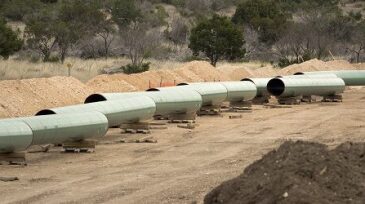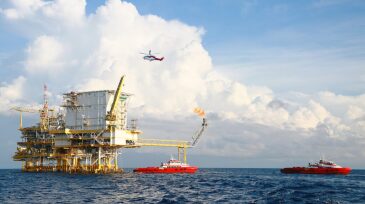Rystad Energy
-
Enterprise Products Partners publicly acknowledged the deep slump in pipeline demand out of the Permian Basin by canceling a project at a time when most producers have been quietly postponing US projects.
-
Several E&P and OFS companies have already filed for Chapter 11, but unless prices strengthen the total number of filings could be as high as 190 by 2022.
-
Based on the early results from mass shut-ins of shale wells, it did not harm long-term production and it paid a short-term dividend with more oil flowing in the days after restarting.
-
Among the top 50 oilfield service firms, downsizing is estimated to land at a headcount of 610,000, down from the 760,000 maintained after the 2016 downturn.
-
The forces of low oil prices and new efficiency trends are converging to remake the US pressure-pumping business into one that can complete more wells with less horsepower than ever. However, that might also mean service provider margins remain low for much of this new decade.
-
Although oil prices were down on 8 June, the market is expected to see higher prices in response to the OPEC+ decision to continue production cuts.
-
Even before the global pandemic impacted markets, decommissioning work in the North Sea region was expected to increase. Global decommissioning projects could reach $42 billion by 2024.
-
The company’s first report on global emissions shows that, while the US emits the most, Canada has the highest emission intensity and Norway has the lowest.
-
Delays and disruptions have stymied project plans in the past few months. How will companies prevent current stresses from morphing into catastrophic issues?
-
As operators feel the pinch of low oil prices, so, too, do their service providers.










